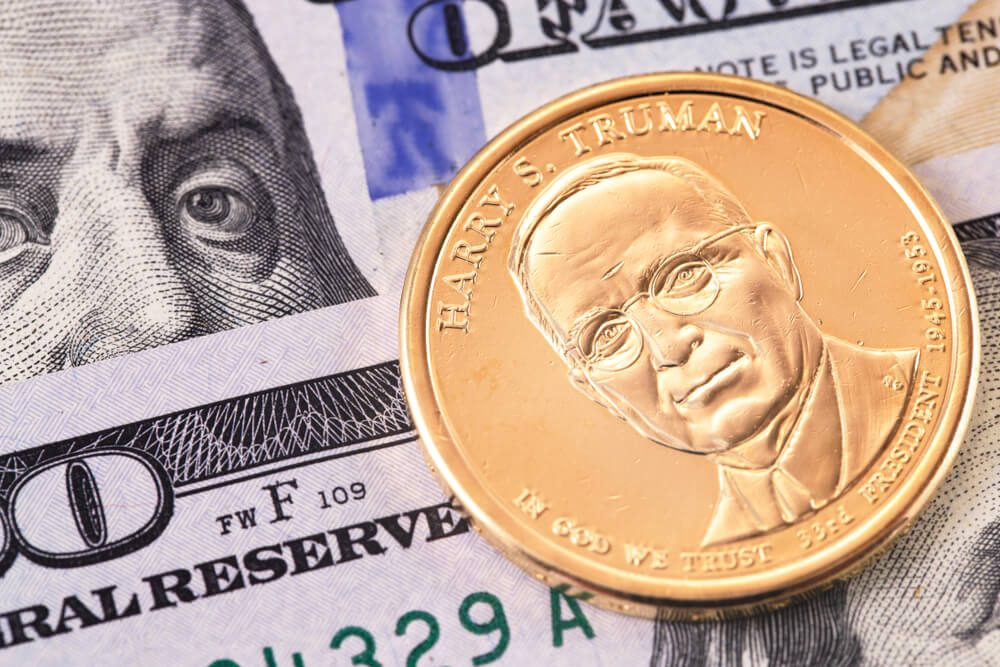The live presidential address was prompted by a report from Truman’s Cabinet Committee that warned of an impending famine disaster in Europe. During the address, the 33rd president urged Americans to cut down on their use of grain, forgo meat on Tuesday, eggs and poultry on Thursdays and save a slice of bread daily. The food conserved would then feed famished Europeans.
At the time, Europe was reeling from the effects of World War II and also had a food crisis. In his address, Truman told the Americans, “The nations of Western Europe will soon be scraping the bottom of the barrel. They cannot get through the coming winter and spring without our help-generous help-from the United States and from other countries which have food to spare.”
President Truman’s address came about when television was not popular. Indeed, only 44,000 homesteads had a T.V. set. Therefore, the speech was also published in newspapers and transmitted through radio. Despite being short-lived, the food program succeeded in spurring growth and economic revitalization in Europe.
Although a considerable percentage of the American population missed the live television broadcast, it sparked a relationship between the White House and T.V. as a medium of communication. Each of Truman’s ensuing speeches, including his inauguration speech in 1949, was televised. In the previous year, Truman had run a paid political ad on T.V., making him the first president to do so.
Over time, the platform has been used to air presidential candidate debates and other political events, including presidential inaugurations.

